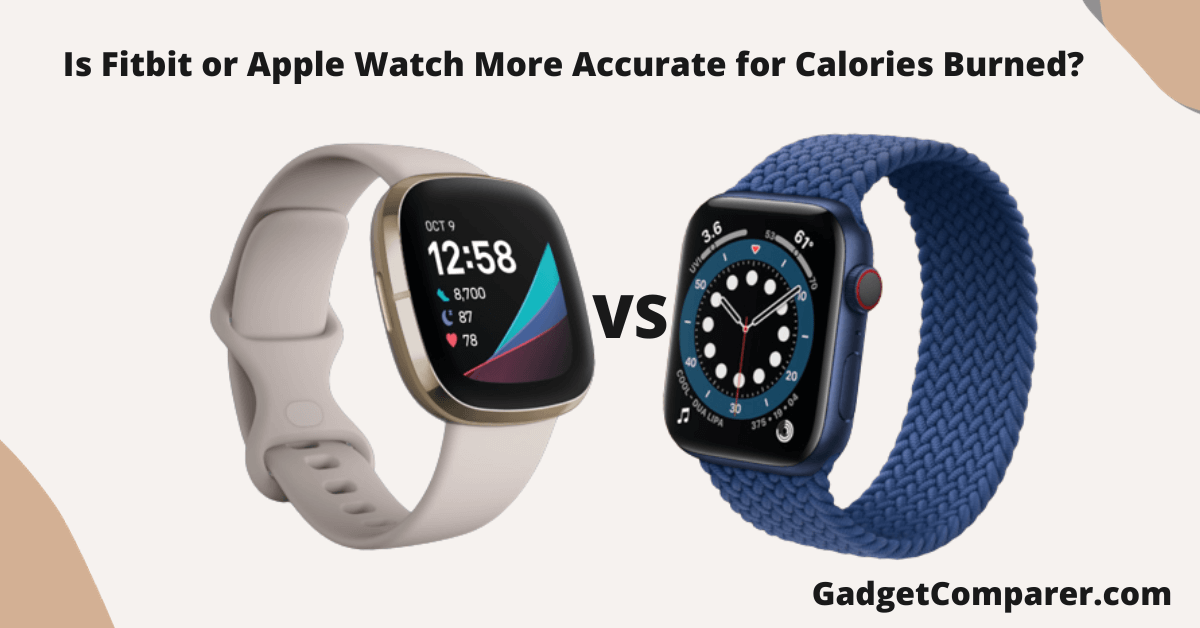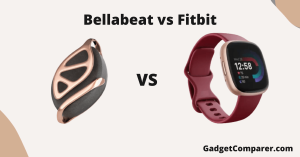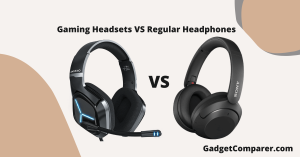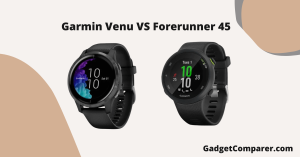Both Fitbit and Apple Watch use advanced sensors and algorithms to estimate the number of calories burned during physical activity. However, the accuracy of calorie burn calculations may vary depending on many factors, including the specific model of the device, type of activity, and individual physiological differences.
Fitbit
Fitbit devices use a combination of sensors, such as an accelerometer and heart rate monitor, to estimate calories burned. Fitbit uses its own algorithm to convert sensor data into calorie burn estimates. Fitbit’s calorie counting accuracy is generally considered acceptable for daily activities and exercise.
Find the Best Fitbit Fitness Trackers
Apple Watch
Apple Watch also uses a variety of sensors, including an accelerometer, heart rate monitor, and GPS (on certain models) to calculate calories burned during an activity. Apple Watch uses an algorithm based on metabolic equivalent of task (MET) values and heart rate data to estimate calories burned.
Find the best Apple smartwatches
Fitbit or Apple Watch which one is more accurate for Calories Burned?
The accuracy of calorie burn estimates may vary from person to person and activity to activity. Studies comparing the accuracy of these devices have yielded mixed results, with both Fitbit and Apple Watch found to provide reasonably accurate estimates for many activities.
It is important to note that while these devices provide estimates, they may not be completely accurate for all individuals. Factors such as body composition, fitness level, and individual differences in heart rate patterns may affect the accuracy of calorie counting.
For the most accurate results, we recommend calibrating device settings, including age, weight, and height, according to the manufacturer’s instructions and fitting the device snugly on your wrist. Also, consider these estimates as a rough guide rather than an exact measure of how many calories you will burn.
For accurate calorie tracking, it may be helpful to consult with a medical professional or registered dietitian, especially if it relates to specific health or fitness goals.
FAQs
How do Fitbit and Apple Watch calculate calories burned?
Both devices collect data using sensors such as accelerometers, heart rate monitors, and sometimes GPS. We then use a proprietary algorithm to convert this data into an estimate of calories burned during the activity.
Can this device accurately measure calories burned during any type of activity?
Both devices are generally accurate for a variety of activities, but accuracy may vary depending on specific exercises or individual differences in physiology. Factors such as body composition and heart rate patterns may affect accuracy.
Are there any studies comparing the accuracy of Fitbit and Apple Watch in measuring calorie burn?
Yes, there have been studies comparing the accuracy of these devices. However, results can vary, and both devices have been shown to provide reasonably accurate estimates for many activities.
Can calibration improve the accuracy of calorie burn estimates?
Yes, calibrating your device with accurate personal information, such as your age, weight, and height, can improve the accuracy of your calorie burn estimates. It is also important to wear the device correctly according to the manufacturer’s instructions.
Are these devices suitable for accurate calorie tracking for health or fitness goals?
These devices provide estimates but may not be completely accurate for exact calorie tracking. For specific health or fitness goals, it may be helpful to consult with a medical professional or registered dietitian for personalized advice.
Does this device provide real-time feedback on calories burned during exercise?
Yes, both Fitbit and Apple Watch provide real-time feedback on calories burned during exercise, allowing users to monitor their progress during exercise.
Can factors such as body composition affect the accuracy of calorie counting?
Yes, individual factors such as body composition, fitness level, and heart rate pattern can affect the calorie counting accuracy of both Fitbit and Apple Watch.
Is it a good idea to rely solely on these devices for calorie-tracking purposes?
Although these devices provide convenient estimates, we do not recommend relying solely on the devices for accurate calorie tracking, especially for specific health or fitness goals. Consulting with a medical professional or registered dietitian can provide more accurate and personalized guidance.
How should users interpret the calorie burn data provided by these devices?
Users should interpret calorie burn data as a rough estimate and not an exact measurement. It is important to use this data as a general guideline and not the sole basis for important diet or exercise decisions.




